Netumbo Nandi-Ndaitwah of the ruling South West Africa People’s Organisation (Swapo) has been elected as Namibia’s first female president, securing over 57% of the vote in last week’s disputed election.
Her closest rival, Panduleni Itula of the Independent Patriots for Change (IPC), received 26%, according to the electoral commission.
The election process faced logistical challenges, including a three-day extension of polling in some areas, leading Itula to describe the process as “deeply flawed.”

The IPC has announced plans to contest the results in court. Most opposition parties boycotted the results announcement held in the capital, Windhoek, on Tuesday evening. Despite the controversy, Windhoek remained calm, with no protests or celebrations reported.
In her victory speech, Nandi-Ndaitwah emphasized the importance of peace and stability, stating, “The Namibian nation has voted for peace and stability.” A long-time Swapo member and the current vice-president, she brings over 25 years of government experience to her new role.
South Africa’s President Cyril Ramaphosa congratulated her on becoming Namibia’s fifth president and the first woman in the region to hold the position, calling it “a testament to democracy and its ability to transform our societies.” Once inaugurated, Nandi-Ndaitwah will join Tanzania’s Samia Suluhu Hassan as Africa’s only current female heads of state.
In the simultaneous parliamentary elections, Swapo narrowly retained its majority, winning 51 of 96 elected seats, a significant drop from its previous dominance.
The IPC gained 20 seats, making it the official opposition. Political journalist Tirivangani Masawi described the election as Swapo’s “worst performance since independence.”
Panduleni Itula, a trained dentist and charismatic opposition leader, has been instrumental in reducing Swapo’s stronghold.
In the 2019 presidential election, he cut Swapo’s vote share from 87% to 56%, marking a notable shift in Namibia’s political landscape.
The IPC said it would “pursue justice through the courts” and has encouraged people who felt that they had been unable to vote because of mismanagement by the electoral commission to go to the police to make a statement.
The Electoral Commission of Namibia (ECN) admitted to failures in the organisation of the votes and ballot shortages.
Swapo led the struggle for nationhood against apartheid South Africa. Ahead of last Wednesday’s general election, there had been some speculation that it would suffer the fate of other liberation parties in the region.
South Africa’s African National Congress lost its outright parliamentary majority in May and the Botswana Democratic Party was kicked out of power after nearly six decades following October’s election.

































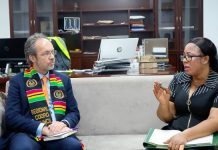
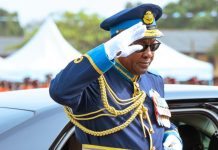
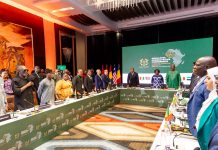
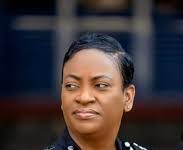



















![[FREE FREE MONEY] Predict and Win a Guaranteed GH¢200 From Us EVERY WEEK](https://wordpress.ghanatalksradio.com/wp-content/uploads/2022/02/Predict-and-Win-Final-09-03-2021-218x150.jpg)
![[Predict & Win – 8th/Oct.] WIN A Guaranteed ¢200 From Us This Week](https://wordpress.ghanatalksradio.com/wp-content/uploads/2021/10/maxresdefault-16-218x150.jpg)
![[Predict & Win – 2nd] WIN A Guaranteed ¢200 From Us This Week](https://wordpress.ghanatalksradio.com/wp-content/uploads/2021/09/maxresdefault-50-218x150.jpg)
![[Predict & Win – 25th] WIN A Guaranteed ¢200 From Us This Week](https://wordpress.ghanatalksradio.com/wp-content/uploads/2021/09/maxresdefault-36-218x150.jpg)
![[Predict & Win – 18th] WIN A Guaranteed ¢200 From Us This Week](https://wordpress.ghanatalksradio.com/wp-content/uploads/2021/09/maxresdefault-23-218x150.jpg)

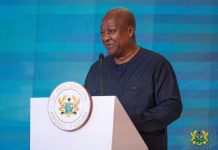
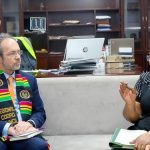
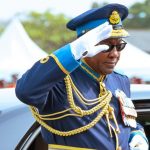






![[National cathedral] See full list of churches that have contributed since 2018](https://wordpress.ghanatalksradio.com/wp-content/uploads/2020/09/Ghana-National-Cathedral-GhanaTalksRadio-100x70.jpg)



